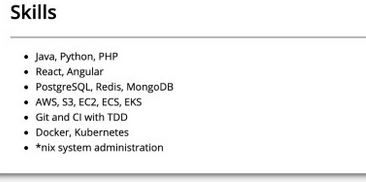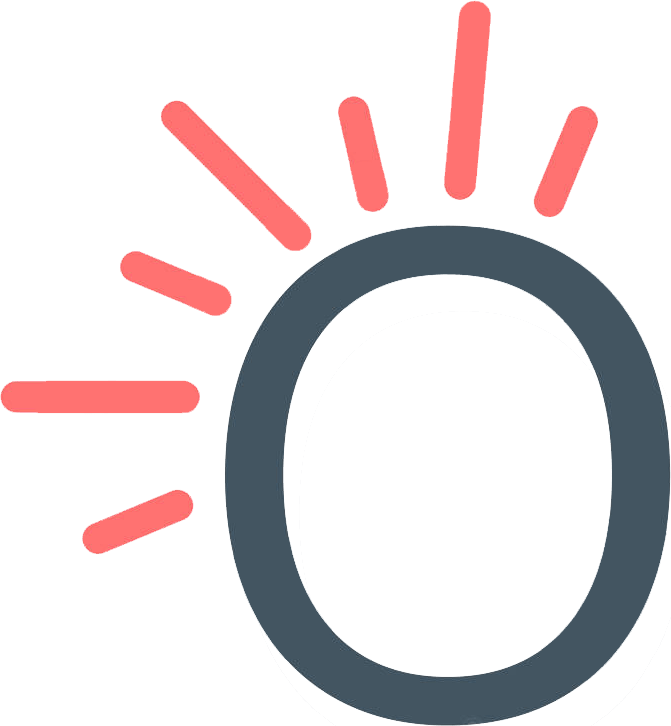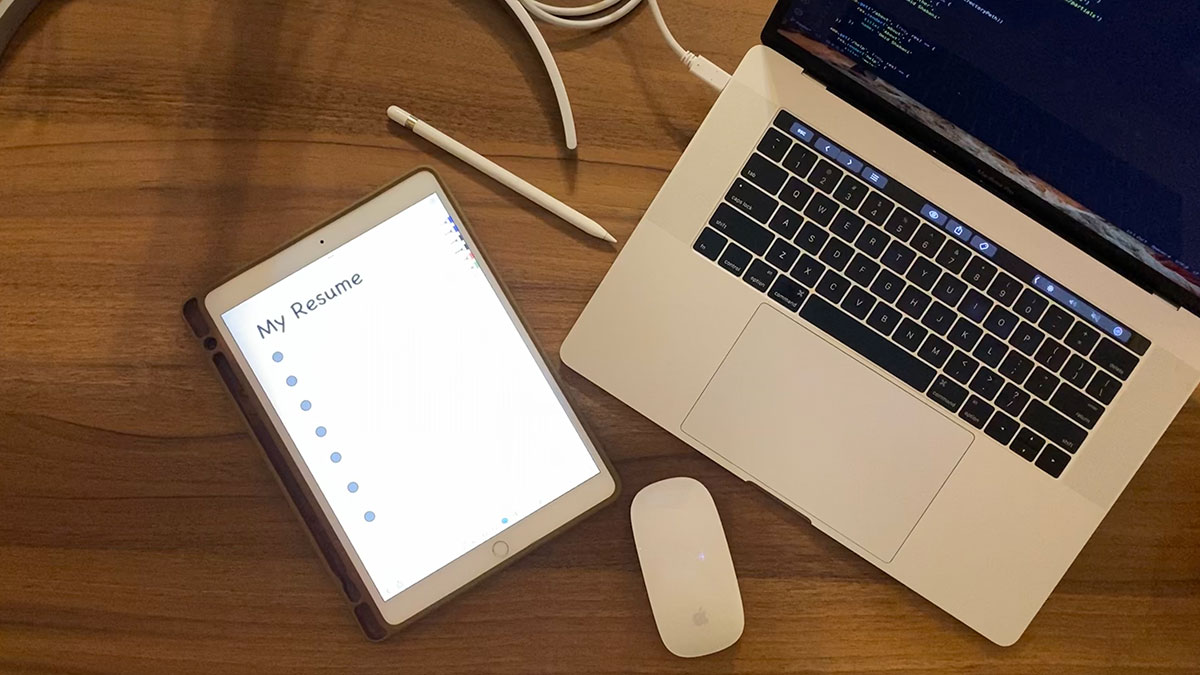LinkedIn’s latest data shows that developer jobs have increased by nearly 25% over the last year. And the best part? This growth is expected to continue for years. But you’re not the only one who noticed “the boom”. Many developers are also sending their resumes in.
Resumes are hard
And most people are bad at them – which makes sense because you probably only write or update your resume every few years. It involves selling yourself and your skills - something most people struggle with. A convincing developer resume will grab the attention of hiring managers and expedite your job search. Being a great developer will take you a long way in your career, but it isn’t enough to land your dream job. A well-crafted developer resume is the answer you’re looking for. Often hiring managers and HR don't use resumes as a way to decide whom to hire, but instead, whom they're not interested in hiring. They may receive 100 if not 1000 resumes for a 1 position. They need a fast, easy way to sort in order to decide who gets an interview. You have an in-depth understanding of coding languages that reflects in your clean, bug-free code. Most importantly, your accomplishments in development have led to increased revenue for the companies you worked for. Some of the points the hiring manager needs to know.
Here’s how to write a developer resume for the maximum impact:
Tailor, tailor, tailor your resume to the job.
If you really want to get the job you’re after, you have to apply some effort. Scout their blogs, GitHub, and LinkedIn profiles.
Use the right resume format.
Recommended resume sections...
- Resume header with contact info
- Professional summary
- Work experience focused on career highlights
- Education and certifications
- Technical and soft skills
Let's discuss some of the above points.
Resume Header: When First Impression Does Matter... The resume header is the basic part of the resume, but still so important to get right. Why? It sits at the very top of your resume, making it one of the first places hiring managers will read, & make an impression of you on. Get it right and you’ll make a great first impression. Start out with your contact information.
- List a phone number,
- Email address,
- Link to your GitHub profile or Your portfolio website
An address isn't necessary.

It’s standard now to include links in your resume header.
- Portfolio website
- Github profile
- Stackoverflow profile
- LinkedIn profile
Resume Summary:
Your professional summary is the place to give an “elevator pitch” as to why the hiring manager should hire you over anyone else. Your summary statement should contain a short, compelling professional synopsis of your career accomplishments and future goals. Keep in mind a few things:
- Don’t call yourself an Angular[JS]/React developer unless the position explicitly calls for that. Labeling yourself as an X developer tells people that you only want to do X and you may be a rigid person or otherwise not adaptable.
- Ask yourself, which keywords should I include to ensure the intended audience continues reading the rest of my resume?
- Read the job description, keeping in mind keywords and key phrases. What are they looking for? What sets you apart from the other applicants?
Most importantly, your summary shouldn’t be a one-size-fits-all for any job you apply for. Tailor it for each application you send out, reflecting the skills that the company wants specifically.
Example 1 Summary:
Developer with 7+ years of experience. Knowledge of HTML, CSS, MySQL, and Ruby. Seeking a new role at an exciting company. It's good but very common & chances are very less.
Example 2 Summary:
Senior developer with 7+ years of experience coding websites that convert in e-commerce. Proficient with HTML, CSS, Shopify, and GTM tag setup. Most notably, improved the average time on page by 40% and improved user experience scores for all projects.
Add your most relevant content first:
This means that if you're a recent college graduate, with little work experience, your education should come first. Education should be a line or two. You don't have to include every job you've ever had, just the most relevant ones.
Technical Skills
This part is the most important section to make you stand out. For example:
If you list HTML5, there’s no need to list HTML4. HTML5 implies HTML4 and below. The same goes for CSS3/CSS2 and Be specific about your proficiency levels, and be honest.
How not to present your skills:
Don’t do this. That’s an entire IT department. If you’ve literally just started learning a new skill, don’t put it on your resume.

Limit your resume to 1 or 2 pages
If you're a recent graduate, it should not be more than one page. If you're a veteran, two pages are fine, though you should be wary of going past two pages. Having a longer resume will not show an employer that you are more qualified.





